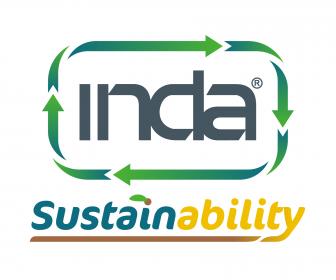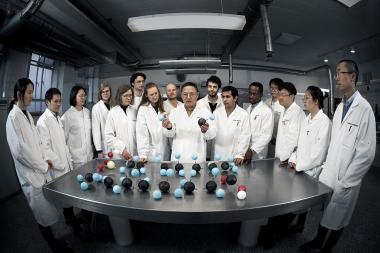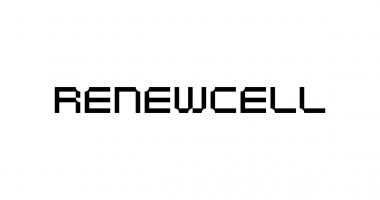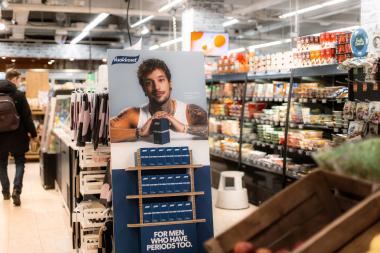CARBIOS and Landbell Group: Collaboration for biorecycling plant
CARBIOS and Landbell Group, a global operator of more than 40 producer responsibility organizations (PROs) and a provider of closed-loop recycling solutions, announce the signing of a non-binding Memorandum of Understanding for the sourcing, preparation and recycling of post-consumer PET waste using CARBIOS’ biorecycling technology at its first commercial plant in Longlaville from 2026.
The partnership will leverage Landbell Group’s expertise and network in the sourcing of PET packaging and textile waste which will be prepared for biorecycling. Thanks to CARBIOS’ highly selective enzyme, less sorting and washing is required compared to current recycling technologies, offering future savings in energy and water use. From 2026, Landbell Group will supply CARBIOS with 15 kt/year of PET flakes, ensuring a steady supply chain for sustainable PET production. These flakes will serve as essential feedstock for CARBIOS’ production of food-grade PTA and MEG, further re-polymerized into PET.
Through the partnership with Landbell Group in Germany, the supply of multilayer trays through the CITEO tender in France and the MoU with Indorama Ventures, CARBIOS will have sourced over 70% of its feedstock required for the 50kt/year capacity when its first commercial plant in Longlaville, France, will operate at full capacity. Close to the borders with Belgium, Germany and Luxembourg, the plant’s location is strategic for nearby waste supplies.
Through this partnership with CARBIOS, Landbell Group will ensure that the problematic PET fractions such as multilayered, colored and opaque trays from packaging waste and polyester textile waste are redirected towards recycling. In this way, Landbell Group strengthens its commitment to the development of recycling solutions to enable a circular economy.
CARBIOS





























